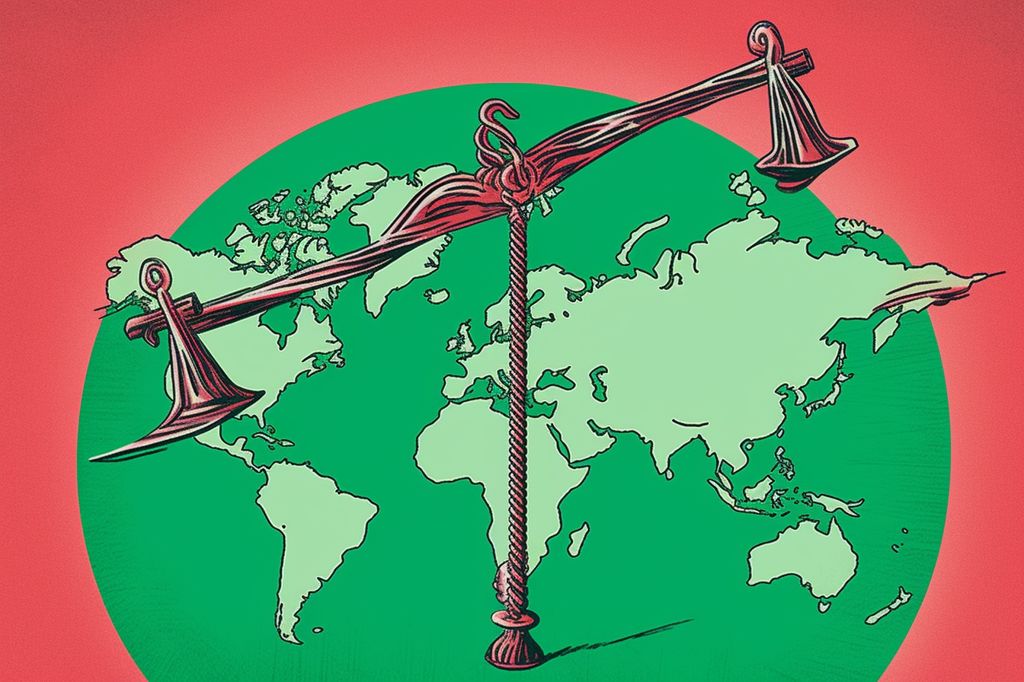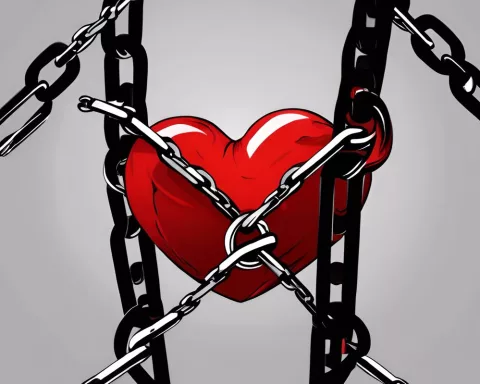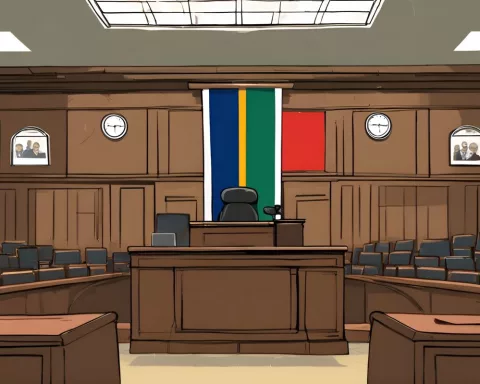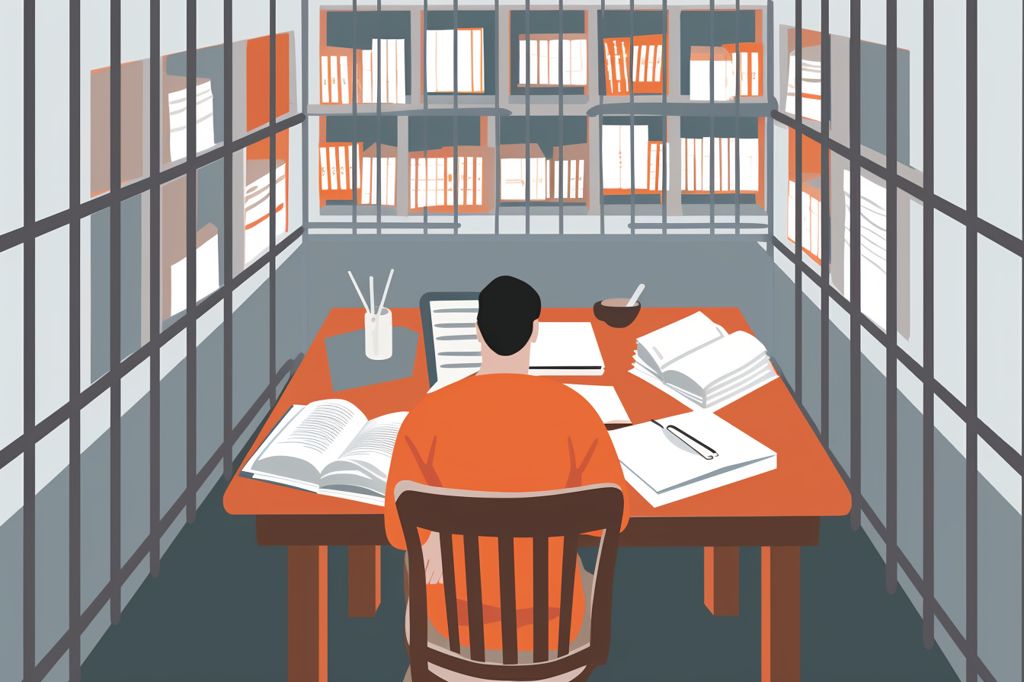The use of the death penalty is a contentious issue worldwide, with some countries continuing to enforce capital punishment despite a growing trend towards abolition.
Singapore’s Continued Use of the Death Penalty
Singapore is one such country that has carried out its 12th execution for a drug-related offense in April 2022.
Global Trend Towards Abolition
While the global trend towards abolition is evident, Amnesty International reported an increase in the number of executions in 2021 after six years of marked decline.
Executions Worldwide
In 2021, at least 579 people were executed in 18 countries, with Iran, Egypt, and Saudi Arabia accounting for 80 percent of all reported executions. However, executions in China, North Korea, and Vietnam are not included in Amnesty’s figures as they keep their data secret.
Abolition of the Death Penalty in Many Countries
More than two-thirds of countries have abolished the death penalty, either in law or practice, with Kazakhstan, Malawi, and Sierra Leone being the latest nations to introduce a ban. In the United States, executions fell 35 percent in 2021 compared to the previous year.
Continued Use of the Death Penalty in Certain Countries
Despite the trend towards abolition, countries like Singapore, Saudi Arabia, and Iran continue to enforce the death penalty, particularly for drug-related offenses. In Saudi Arabia, 81 people were executed in a single day in March 2022, more than the 69 executed in all of 2021. Iran executed 314 people in 2021, the highest number since 2017, while Egypt put 83 people to death, including eight women.
The Need to Abolish the Death Penalty
The death penalty is still a legal punishment in many countries. The pressure to abolish it must continue, as it is an irreversible and flawed punishment that has no place in modern society. By working towards the abolition of the death penalty, we can move towards a more just and humane world.












